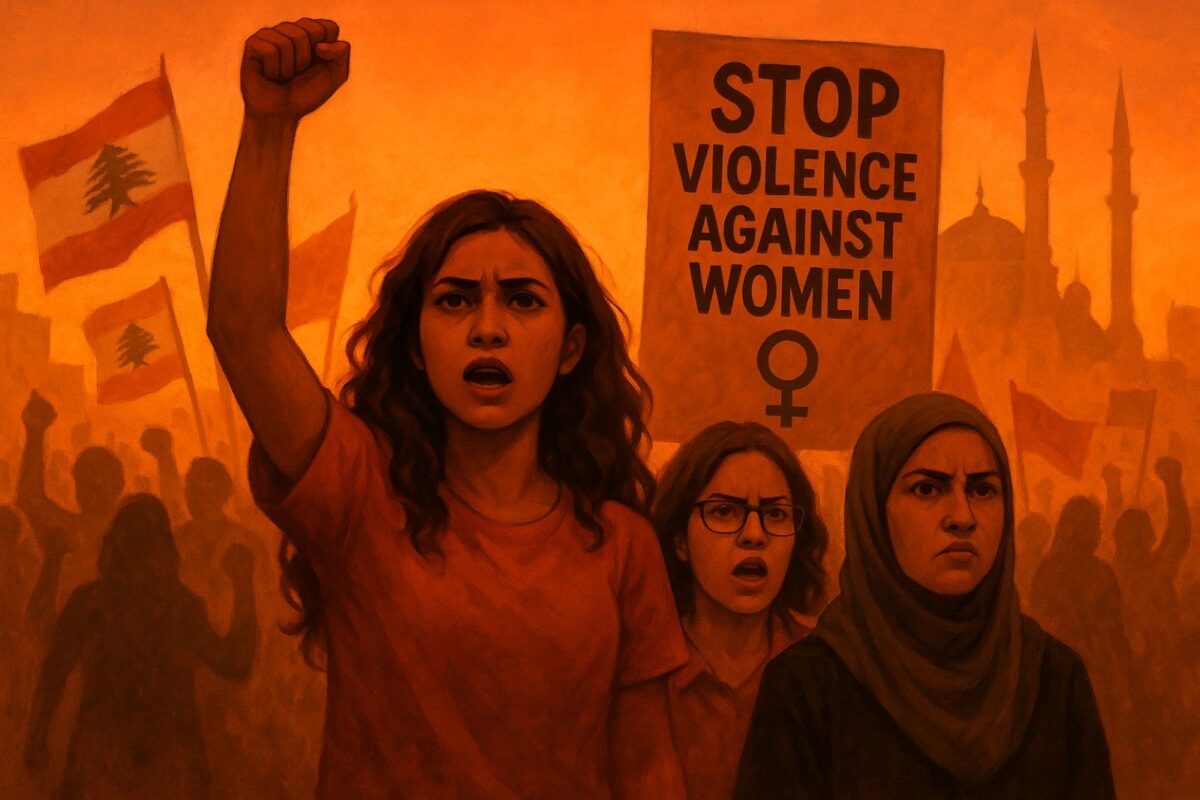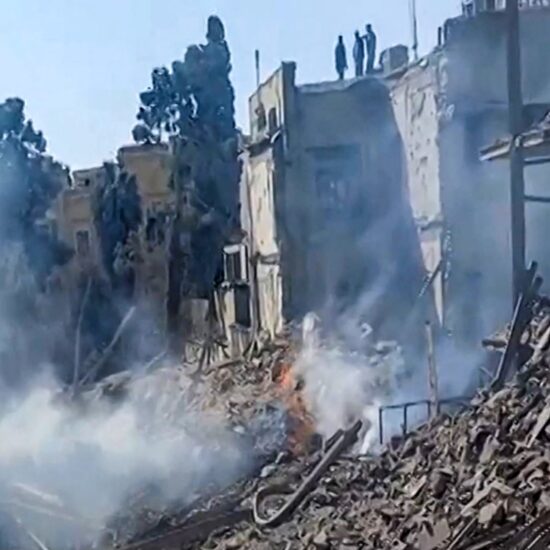
Every November, the world lights up in orange for the 16 Days of Activism against Gender-Based Violence, yet in Lebanon, just days before this campaign began, a public Druze religious leader said: “Some family violence might be positive.”
The 16 Days of Activism against Gender-Based Violence is a campaign that starts on November 25, the International Day for the Elimination of Violence Against Women, and ends on December 10, Human Rights Day.
This year, just days before the campaign began, Druze Sheikh Sami Abilmona said: “Some family violence might be positive.” That statement is socially unacceptable, morally abhorrent, and for many survivors, practically life-threatening.
I sat with that sentence for hours, trying to make sense of it. Then another thought hit me: how many young men at home will now justify violence against their wives and children? How many survivors will hear those words and feel their pain dismissed, their safety diminished?
Words matter.
Public endorsements of violence have consequences. When leaders normalize harm, they hand would-be abusers moral and cultural cover. Young men at home, or caregivers who already feel powerless, may hear permission where there must be prohibition. Women and children, the people who most often bear the cost, are left more vulnerable.
Did Sheikh Sami Abilmona think about the weight of his words? I doubt it. Whether he realized it or not, his statement, made just before the 16 Days of Activism, reminds us that violence in Lebanon remains a daily crisis.
The problem in Lebanon is not only legal, with weak enforcement and loopholes that allow abusers to walk free, but also cultural. Thanks to Sheikh Sami Abilmona, we’ve been reminded just how deep that problem runs. We must all speak up against this statement. Violence against anyone is unacceptable, and specifically, violence against women and girls concerns us all.
ABAAD, a non-profit organization and resource center for gender equality, confirmed that the rate of femicide in Lebanon in 2023 increased by 300% from the previous year. They said that 29 women were killed in 2023, at a rate of two victims per month. These are not just statistics; they are stories of daughters, sisters, mothers, and friends.
Violence against women and girls remains one of Lebanon’s most urgent crises.
Unemployment, financial hardship, and instability have made homes in Lebanon unsafe. What makes matters worse is the weak institutions and corruption that have left survivors of Violence with no place to run to, or few places to support them.
But Violence is not always visible.
Violence is not only physical. Intimidation, economic control, online harassment, and social control are all forms of violence that Lebanese women are subject to. No matter what his intentions are, Sheikh Sami Abilmona used the word ‘violence’ specifically; he invoked something vast encompassing physical, psychological, emotional, sexual, financial, and even cultural or religious abuse.
Gender based Violence is not a woman’s issue; it’s a national one.
Talking matters every day of the year, but talk must lead to action: legislative reform, properly funded shelters, accessible legal aid, police training, and public education that rejects any framing that legitimizes Violence and harm.
Leaders who normalize Violence must be held accountable; silence from institutions, officials, and communities is complicity. So, will anyone in a decision-making position respond to the Sheikh’s statement?
To the Sheikh: No justification for Violence is acceptable. Read these words carefully and revise your stance—to Lebanon’s decision-makers: act. To the rest of us: speak up. Our silence is violence, too. If we mean to make a change, we must refuse silence in all its forms.
Heba El Hakeem is a Lebanese writer
The views in this story reflect those of the author alone and do not necessarily reflect the beliefs of NOW







